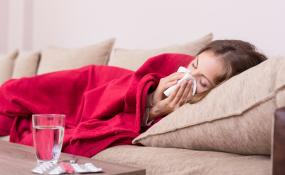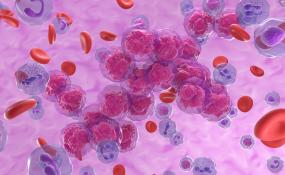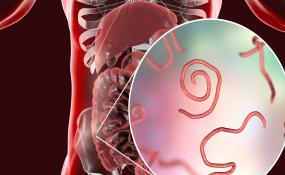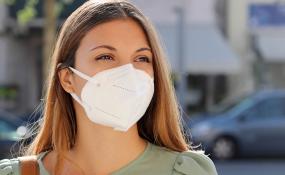Rutgers Health News
Emotional support for parents may bolster family resilience and help young children flourish despite adversity, according to a Rutgers study.
Chemical peels are a common treatment for acne scars, but a Rutgers study finds that microneedling is significantly more effective for patients with dark skin.
A study of how injured mouse cells trigger immune responses suggests novel strategies for preventing and treating everything from parasites to allergies in humans.
The Rutgers School of Dental Medicine (RSDM) will lead a team of health care professionals to investigate the possible link between mental health issues and poor oral health with a one-year grant from the New Jersey Health Foundation.
The Rutgers University Board of Governors voted to approve Gary Heir as the Robert and Susan Carmel Chair in Algesiology at the Rutgers School of Dental Medicine, effective today.
The Rutgers University Board of Governors voted to approve Elisa Bandera, an internationally recognized expert in nutrition and cancer epidemiology, as the Unilever Chair for the Study of Diet and Nutrition in the Prevention of Chronic Disease at the Rutgers Cancer Institute of New Jersey.
























